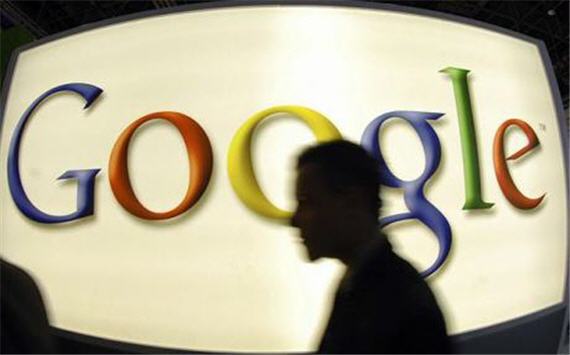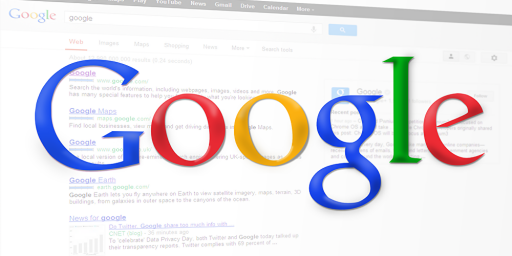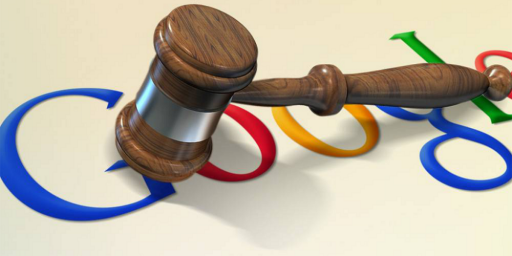Google Instant Searches Before You Type
Google will now display and adjust search results as you type. This should be a boon to searchers and a terror to website operators, who live at the mercy of Google.
Okay, this is a little creepy:
Search as you type. It’s a simple and straightforward idea—people can get results as they type their queries. Imagining the future of search, the idea of being able to search for partial queries or provide some interactive feedback while searching has come up more than a few times. Along the way, we’ve even built quite a few demos (notably, Amit Patel in 1999 and Nikhil Bhatla in 2003). Our search-as-you-type demos were thought-provoking—fun, fast and interactive—but fundamentally flawed. Why? Because you don’t really want search-as-you-type (no one wants search results for [bike h] in the process of searching for [bike helmets]). You really want search-before-you-type—that is, you want results for the most likely search given what you have already typed.
As you can imagine, searching even before someone types isn’t easy—which is why we are so excited today to be unveiling Google Instant. Google Instant is search-before-you-type. Instant takes what you have typed already, predicts the most likely completion and streams results in real-time for those predictions—yielding a smarter and faster search that is interactive, predictive and powerful.
Steve Rubel thinks this will change everything:
Here’s what this means: no two people will see the same web. Once a single search would do the trick – and everyone saw the same results. That’s what made search engine optimization work. Now, with this, everyone is going to start tweaking their searches in real-time. The reason this is a game changer is feedback. When you get feedback, you change your behaviors.
Google’s Matt Cutts disagrees, Tweeting, “Oy. Instant != death of SEO. SEO has change as a core part, and a good SEO recognizes, adapts, even flourishes with change.”
We’ll see if users even notice. But it’s interesting. Typing, for example, “S” pulls up a paid placement followed by several entries related to Sears. ”J” does the same for Jet Blue. ”M” for MapQuest. So, definitely, they’re pushing paid links harder.
But this is the power of Google: They’ll make the change, most customers will have no idea of whether the search results are actually improved, and webmasters will brace for whatever impact it has on traffic to their site.







I think it’s been some time since everyone saw the same result. A couple years ago I was congratulating a blog owner on capturing top-position for a word, and he said “not for me.” Turns out my google had figured out that I was using that word to find him, and adjusted.
Don’t you get most readers from inbound links, anyway?
Most of our readers are either regulars are coming in from links from other blogs. But, before our recent woes with Google, most of our traffic was coming from search. And we also get a lot from Reddit, Facebook, Twitter, and other social media sites.
Some interesting stuff at Felix Salmon’s
http://blogs.reuters.com/felix-salmon/2010/09/08/the-power-and-serendipity-of-google-instant/